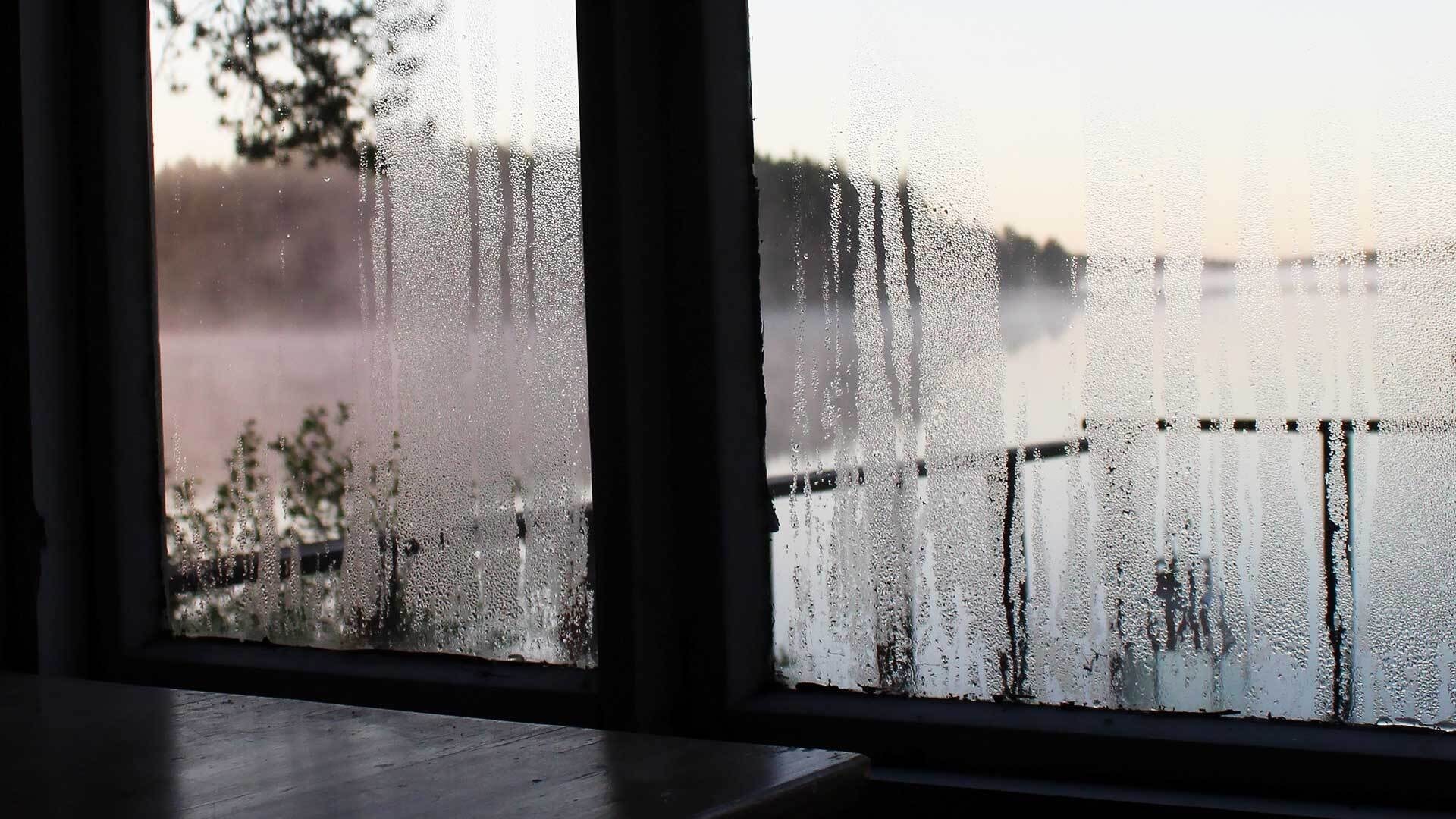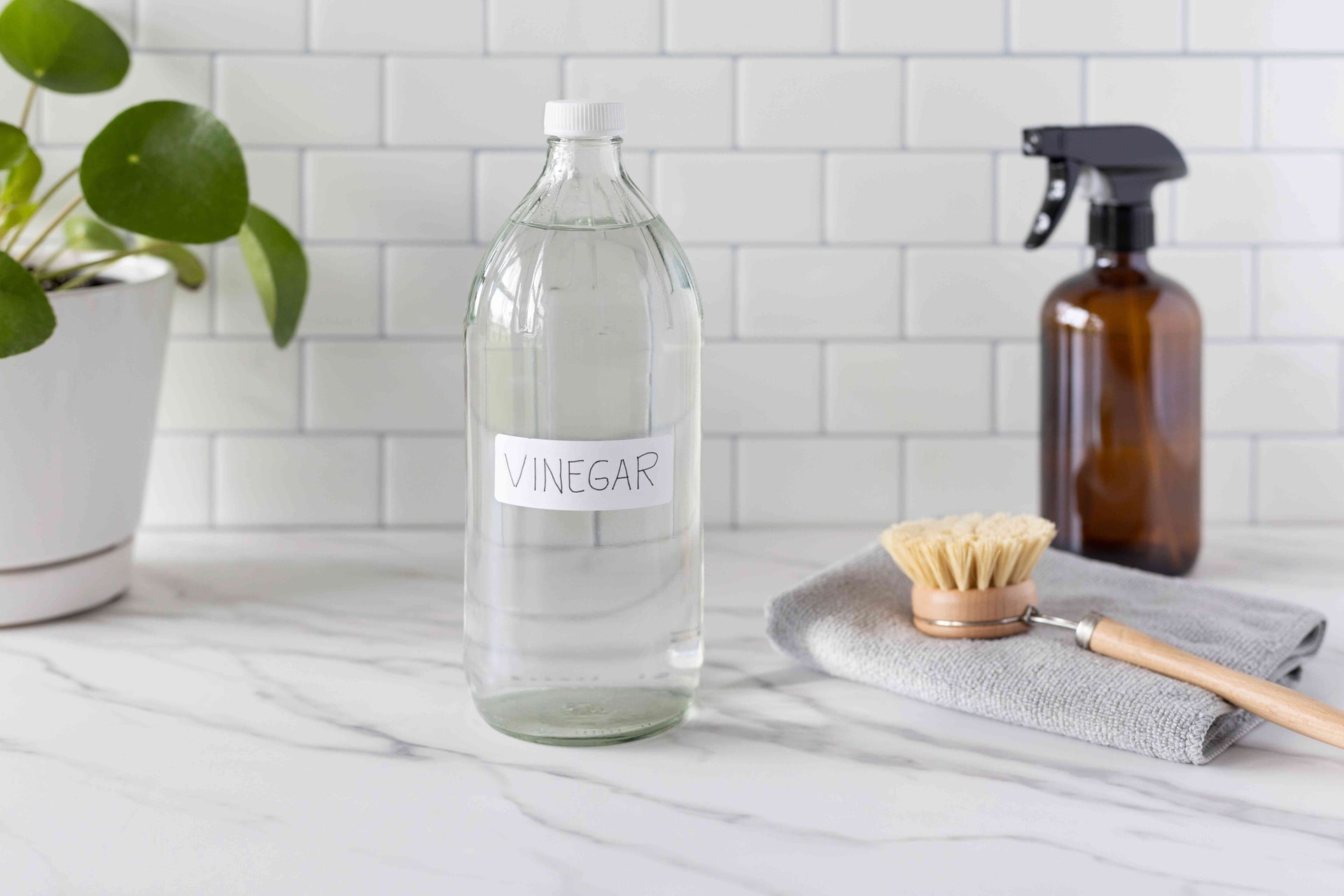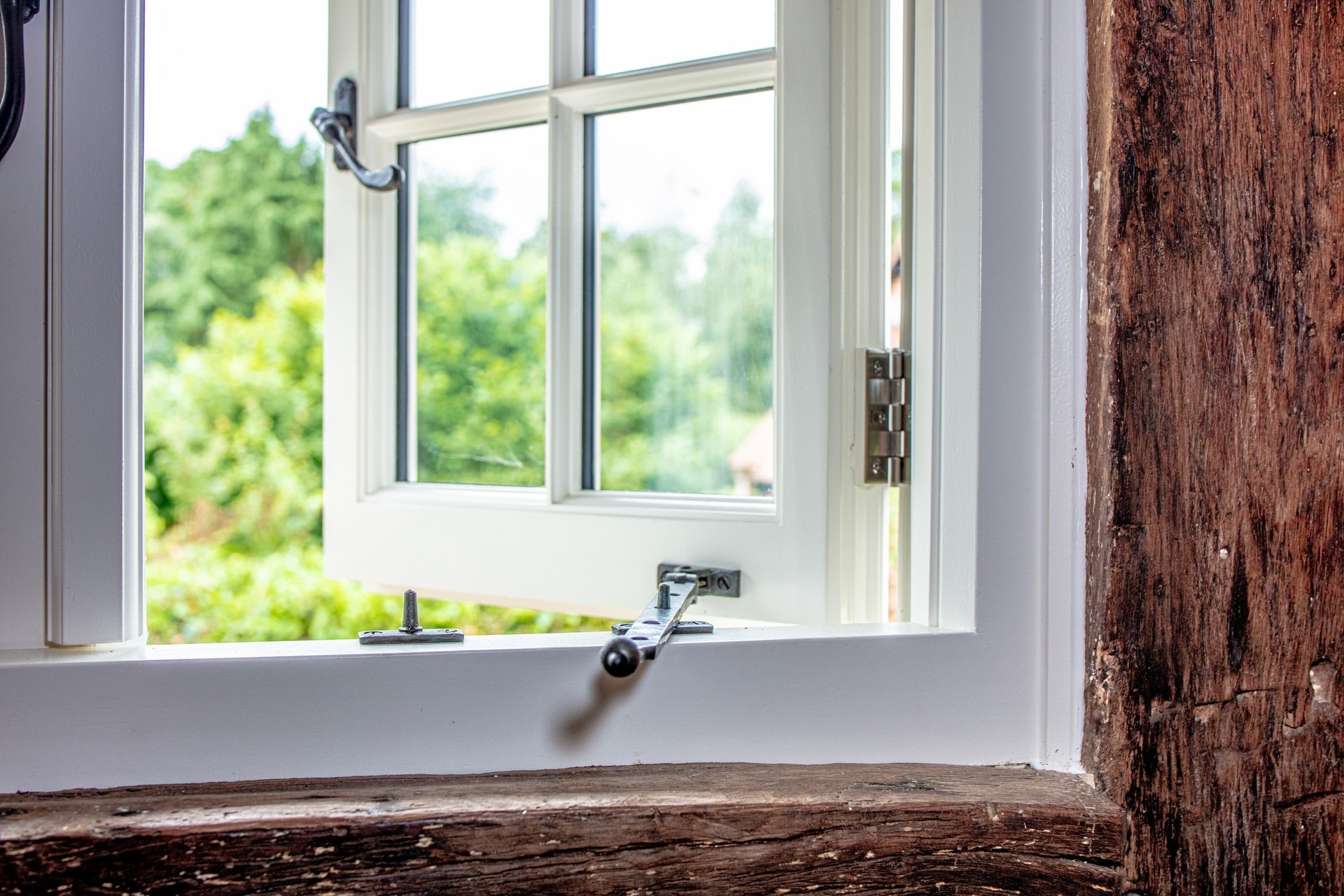Tips for dealing with steamy glass doors will be very useful for you on rainy and humid days, especially when the temperature inside and outside is much different, causing condensation on the glass.

In addition to humid days, the condition of glass doors being steamed up also often occurs when the temperature inside and outside the house is significantly different, such as in winter when families use heaters. This difference causes the warm, humid air inside the house to come into contact with the cold surface of the glass door, condensing into tiny water droplets.
Additionally, activities such as cooking, bathing, and even human breathing increase indoor humidity, leading to condensation on glass doors.
Foggy glass doors make it difficult for people to see outside and create a feeling of uncleanliness. Condensation is not only unsightly but also creates a humid environment, potentially causing mold and reducing the life of the glass door.
The following tips for dealing with steamed glass doors will help you improve the situation.
A dehumidifier is the most effective device to reduce humidity in the air, helping to prevent and overcome the phenomenon of glass condensation. You should place the machine near a glass door or an area in your home that is prone to moisture accumulation.
If you don’t have a dehumidifier, you can use natural desiccants like activated charcoal, baking soda, or desiccant gel, placed near the glass doors. These materials will absorb moisture in the air, reducing the risk of condensation.
Insulating films or insulating sheets often have moisture and temperature difference barriers, which can help reduce condensation on glass.
Another simple method to deal with condensation on glass doors is to use soap. Just take a bar of bath soap and rub it on the condensation surface, then use a soft cloth to wipe both sides of the glass clean. The glass door will become brighter, and the condensation will be significantly reduced.
In addition, you can also apply anti-fog solution to the glass surface. This solution creates a thin film, preventing water vapor from sticking to the glass surface for a certain period of time.
Vinegar and alcohol have the ability to prevent condensation. Mix either of these with water in a 1:1 ratio, then use a soft cloth to soak the solution and gently wipe the glass surface. The alcohol or vinegar will create a thin film that prevents condensation from sticking to the glass, helping your windows not to fog up for a long time.

Desiccant bags made from a strong absorbent material, such as silica gel, can help draw moisture from the air and keep your windows dry. You can place the bags near your windows or hang them on the window frame to absorb condensation.
One of the reasons why windows get steamed up is the temperature difference between the inside and outside. Adjust the temperature in your home with a heater or air conditioner to reduce this difference. However, you need to make sure the space is well ventilated.
Keeping your home well-ventilated is an effective way to reduce humidity. Open windows or turn on exhaust fans, especially after cooking or bathing. If you have a ventilation system, make sure it works well in the winter.

Candles burn and generate heat, warming the air near the glass and reducing condensation. Place candles near glass doors on damp winter days, taking precautions to prevent fire.
Preventing glass doors from condensing is the best solution to maintain the durability of glass doors and ensure a healthy living environment:
-Keep the environment dry: Keep your home well-ventilated and humidity low. If your home does not have good ventilation, open the windows for a certain amount of time each day.
-Check the glass doors regularly: Check and maintain glass doors regularly to detect problems promptly, avoid moisture accumulation for a long time, causing damage.
-Use air conditioning: Air conditioners not only help regulate temperature but also reduce humidity in the house, preventing condensation.
TH (according to VTC News)